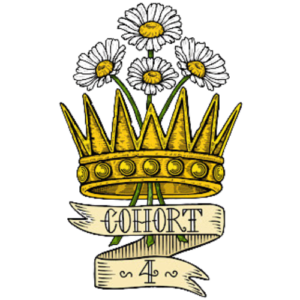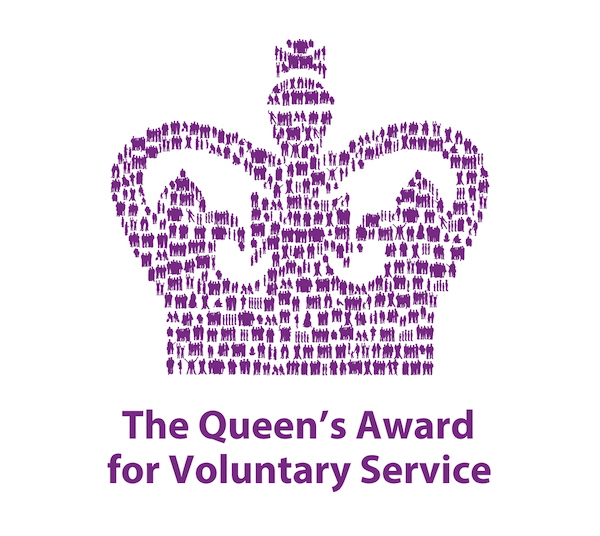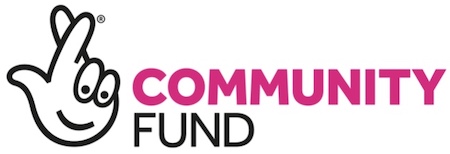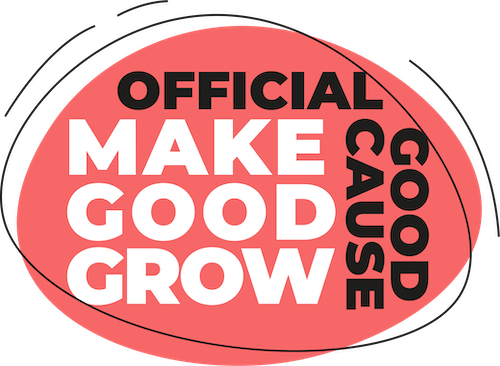Cohort 4 were pleased to be awarded £2,500 funding to assist group members and their families from September 2021 – March 2022 with food, essential toiletries and household cleaning products. The funding came at a time where the cost of living was rising and Christmas added to the tightness of our women’s purses. We were able to support almost 60 individuals during this period, including women’s children, wider family and neighbours, all struggling to afford the basic necessities for good health and dignity.
What were the challenges or issues facing your participants, organisation or community?
Our group members are women surviving abuse, those with disabilities and complex disadvantage in our community of North Warwickshire. Many are single mothers who face a daily practical challenge of keeping their home heated and their family fed, clean and clothed. This financial situation appears to have become more difficult as the cost of living has increased and during covid. Many of our women live in geographical areas of significant disadvantage, both in terms of health and finance. Goodness knows how families will cope with the rise in heating their homes and rent increases over the next year.
What actions did you take to overcome the challenges or issues?
The Food insecurity funding offered a period where we were able to alleviate these issues for our group members of 6 months. This covered the winter months and those around Christmas, another difficult period where our families experience additional strain on tight budgets. During the period of funding Cohort 4 were able to purchase large amounts of shopping to divide up and provide to our women and their children. These shopping bags contained useful essential food items as well as personal hygiene and household cleaning items. One woman commented that she’d not been able to buy furniture polish and proper dusters for years and she loved being able to clean her home without feeling guilty about the additional purchase away from family food items.
Outcomes: What was the result of the work you did? Positive and negative
- Woman 1 had major surgery during the funding period and relied very much on Cohort 4 assisting her and her children. We were able to purchase some Iceland food deliveries when she let us know that there was no food in the fridge or cupboards for herself and her children. This helped the family through the winter months and from other funding we purchased a long table and chairs so the family could eat comfortably around a table rather than on their knees. She was particularly challenged during her recovery from surgery and had neither the strength or money to address the need of her family.
- Woman 2 had escaped a 45 year abusive relationship and found several months where she did not have sufficient money to provide for herself. Cohort 4 helped her to source benefits, and we also gave her weekly food bags to enable her to survive in the interim period over the winter. She let us know that she didn’t think she would have survived emotionally without the kind support of Cohort4 during the early months of her life on her own.
The negative aspect is at the point where the funding ends. We know that the food will be missed and we as an organisation have considered how we might assist our women moving forward. We would also have liked to stretch the funding to 9-12 months rather than spending it all in one short period of time. Though that was easy to do given the need we saw. Stretching funding is something we often wish we could do, extending the funders tight timeframes to suite the organisation and the beneficiaries.
Learning? What did you learn and how will you use this knowledge in the future.
Our women and their children really struggle financially and as the cost of heating and the cost of living seem to increase, we really do not know how they will manage unless the go without meals or minimise the purchase of toiletries and household cleaning items. We are looking at this as an organisation to ensure that we can assist families when they are struggling. We have also offered budgeting sessions since we were able to understand which women and children had insufficient funds and which were not managing their money and financial outgoings well. We helped one woman to stop illegal drug use and to divert her money to food and this has also helped her family financially since she was a single mother of two. She feels now better placed to use finite funding better.
Through managing this fund, we have learnt about the situations of our women with multiple and complex disadvantage and how very difficult it is to manage money, especially where there are mental ill health disabilities to consider and self-organisation to try to develop. A long-term solution is needed for this group of women and children, but the 6 month period we have been able to step in and help has been very useful at a difficult winter period in the lives of our women., and their dependents. We know a few women have shared food parcels with elderly neighbours and with their family, spreading the impact of the funding to those who most struggle and needed it.
Cohort 4 feel a sense of responsibility to attempt to help our families and we are looking at ways of doing so. We are making purchases of toiletries and essential household items from a charity who distributes these items, at a cost to ourselves. We now need to work out how sustainable this is for us as an organisation as there is a need to enable our women to retain their personal and home cleanliness, wellbeing and dignity.
Our thanks to the Coalfield’s Regeneration Trust for this very useful and much appreciated funding. It has enabled us to look as a peer support group at need, existing resources that we have, and the needs around household cleanliness and dignity.
Beverley


Recent Posts
- In the midst of chaos, there is also opportunity (Sun Tzu) 23rd October 2024
- Essential Toiletries and some beautiful Products for women at Cohort 4 19th December 2023
- One of my favourite Cohort 4 achievements 17th September 2023
- Cohort 4 at the Domestic Abuse Commissioner’s 1st Conference – A Festival of Practice 13th April 2023
Archives
- October 2024
- December 2023
- September 2023
- April 2023
- November 2022
- May 2022
- October 2021
- July 2021
- June 2021
- May 2021
- April 2021
- March 2021
- February 2021
- January 2021
- November 2020
- October 2020
- September 2020
- August 2020
- June 2020
- May 2020
- March 2020
- January 2020
- November 2019
- October 2019
- September 2019
- August 2019
- June 2019
- April 2019
- March 2019
- February 2019
- January 2019
- December 2018
- October 2018
- September 2018
- July 2018
- May 2018
- April 2018
- March 2018
- February 2018
- January 2018
- December 2017
- November 2017
- August 2017
- March 2017
- February 2017
- January 2017
- December 2016
- November 2016
- September 2016
- August 2016
- May 2016
- April 2016




Recent Comments